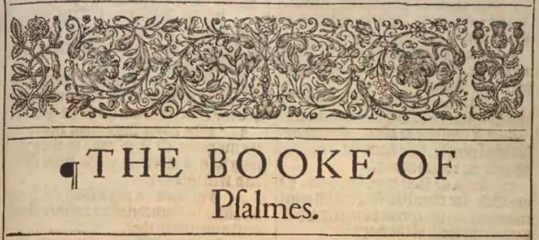
Daily Nugget:
Often, people have a way of blaming everyone but themselves for their problems. Instead of examining their behavior and reason for making their decisions, some find an excuse, usually another person, for why they did what they did.
David, however, examined and knew his own heart. He knew for what he was responsible. He knew who was guilty and who had to change — himself.
In all but two verses (Psalm 39:6, 11), the king admitted what he had done and his shortcomings to himself and others. The pronoun “I” was used 16 times. Sometimes “me” or “my” were used. He was quite aware of what he had done.
David admitted:
- He sinned with his tongue (Psalm 39:1).
- He needed to be careful about what he said (Psalm 39:1, 3).
- He knew he was silent many times when he should have spoken out (Psalm 39:2, 9) for righteousness. His heart was grieved when he committed such negligence of responsibility.
- His weaknesses (Psalm 39:4, 5).
- He knew his only hope was for the Lord to deliver him from the consequences of his transgressions (Psalm 39:8).
The leader recognized God was chastising him for his iniquities (Psalm 39:10-11, 13).He gave his life an honest evaluation and knew his shortcomings. If one does not admit his weaknesses and flaws in behavior and character to at least himself, as did David, there will be no change. When one denies what he has done, it will then be “someone else’s fault,” and there will be no improvement.
If you want to change your life, first be honest with yourself. Confess why you did what you did, and then apologize to God for your shortcomings and seek His help.
Today’s Thought:
“It does not spoil your happiness to confess your sin. The unhappiness is in not making the confession.” — Spurgeon
Words to Understand:
Bridle: a restraint put around an animal’s mouth
Jeduthun: He was a leader involved in the music for worship. Some think that he may have written the music for this Psalm.
Today’s Reading:
Psalm 39
1 To the chief Musician, even to Jeduthun, A Psalm of David. I said, I will take heed to my ways, that I sin not with my tongue: I will keep my mouth with a bridle, while the wicked is before me.
2 I was dumb with silence, I held my peace, even from good; and my sorrow was stirred.
3 My heart was hot within me, while I was musing the fire burned: then spake I with my tongue,
4 LORD, make me to know mine end, and the measure of my days, what it is; that I may know how frail I am.
5 Behold, thou hast made my days as an handbreadth; and mine age is as nothing before thee: verily every man at his best state is altogether vanity. Selah.
6 Surely every man walketh in a vain shew: surely they are disquieted in vain: he heapeth up riches, and knoweth not who shall gather them.
7 ¶ And now, Lord, what wait I for? my hope is in thee.
8 Deliver me from all my transgressions: make me not the reproach of the foolish.
9 I was dumb, I opened not my mouth; because thou didst it.
10 Remove thy stroke away from me: I am consumed by the blow of thine hand.
11 When thou with rebukes dost correct man for iniquity, thou makest his beauty to consume away like a moth: surely every man is vanity. Selah.
12 Hear my prayer, O LORD, and give ear unto my cry; hold not thy peace at my tears: for I am a stranger with thee, and a sojourner, as all my fathers were.
13 O spare me, that I may recover strength, before I go hence, and be no more.






